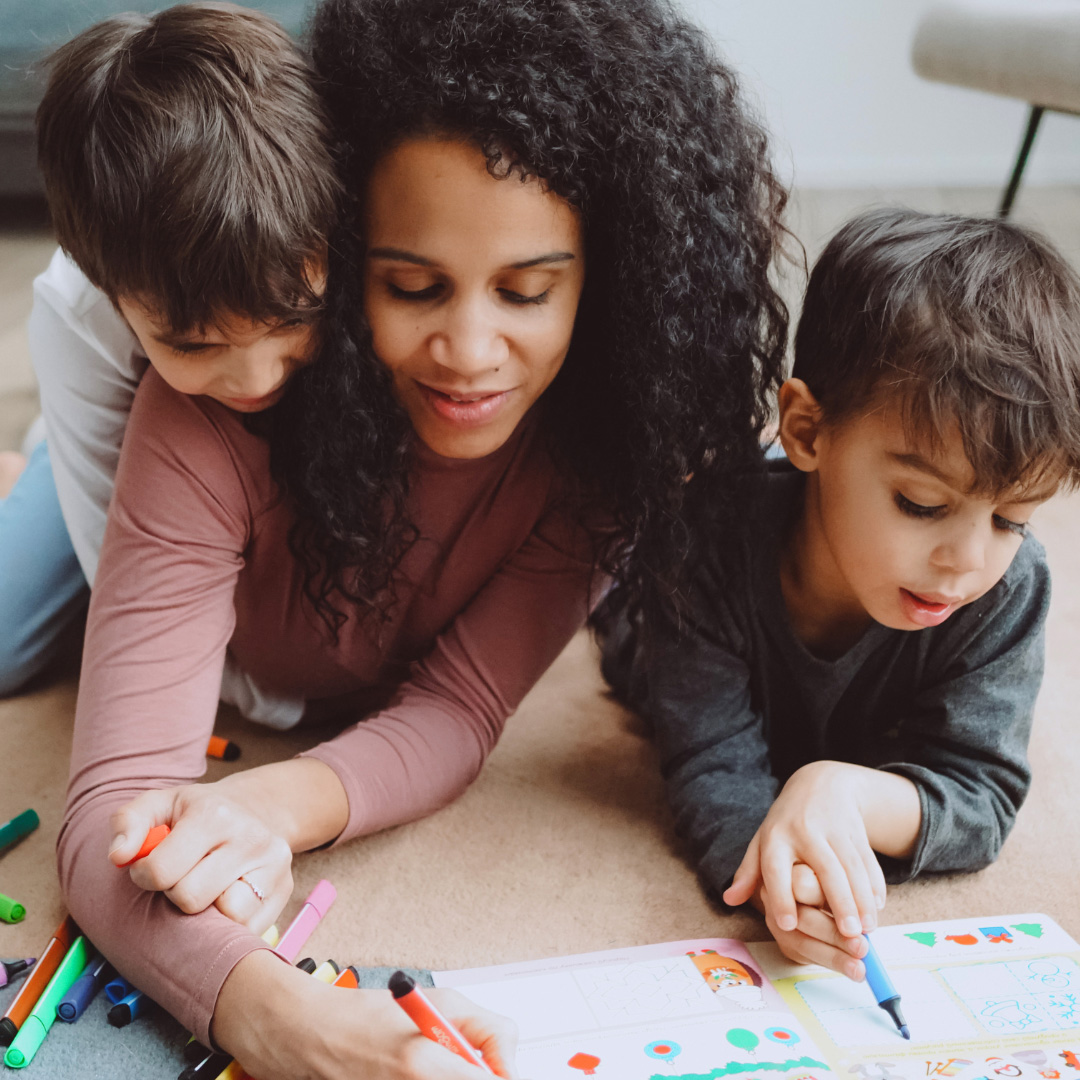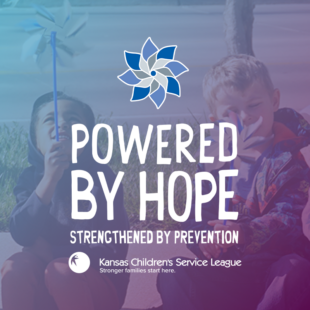Adverse Childhood Experiences (ACEs) are events in a child’s life that cause trauma and affect their well-being. Although ACEs are known to impact emotional, mental and physical well-being, there are ways we can reverse and repair these negative effects. Here are some ways to help children overcome ACEs:
- Seek professional guidance: Work with a therapist or counselor who specializes in working with kids. These professionals can help them process their experiences and learn healthy ways to handle emotions and heal.
- Nurture positive childhood experiences (PCEs): Make sure children have access to PCEs like healthy relationships, safe spaces, access to education, enriching activities and a sense of belonging in the community to help combat the negative effects of ACEs.
- Promote self-care: Teach children the importance of self-care by encouraging activities that bring them joy and relaxation. This might include hobbies, sports, reading or simply spending quiet time alone.
- Build a strong support network: Help children create a strong support system of trustworthy friends and family members they can rely on during tough times. Knowing they have people who care about them can make a significant difference.
- Encourage self-compassion: Guide children to practice self-compassion by acknowledging their strengths, celebrating achievements and being gentle with themselves during difficult times.
- Provide safe outlets: Encourage creative outlets for emotional expression such as drawing, journaling, music or other forms of art. These activities can help children process emotions in a safe and constructive manner.
By implementing these strategies, caregivers, educators and mental health professionals can empower children to overcome the challenges posed by ACEs, cultivate resilience and lead fulfilling lives.



